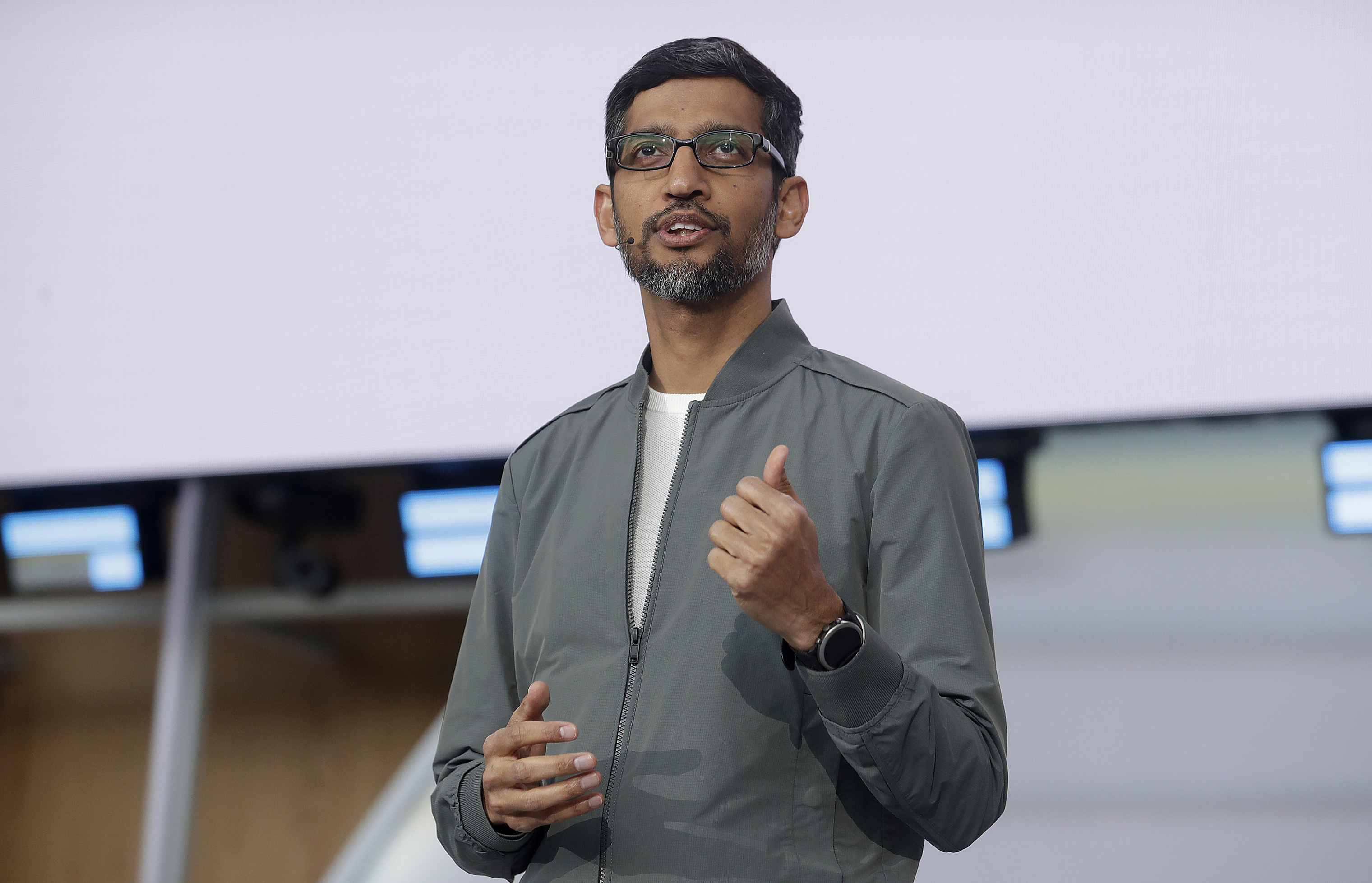Google has promised to make it easier to protect your privacy

It announced several new privacy-protecting features at its annual I/O conference, but there’s more to this than meets the eye.
The announcements:
- Google is expanding “Incognito mode” to its maps app and the search bar in smartphones. This will stop activity within these services being saved.
- A new “auto-delete” feature will let you set a time limit for how long Google saves your activity.
- Google has promised to make it easier to access your privacy settings—from your profile photo.
- It said it would limit cookies as part of measures to reduce the pervasive tracking we’re all subject to online.
At the same event: Google unveiled a bunch of new ways to make people’s lives more convenient, and boost accessibility. A “live caption” feature will add real-time subtitles to any video or audio of your choosing. Its Duplex feature will book movie tickets for you on the web.
Google also announced plans to create its own foldable smartphone (it must be hoping to have more luck than Samsung.)
An inherent tension: Google didn’t mention it (funny that), but there’s an inevitable trade-off between convenience and privacy. Many of the firm’s products, like Duplex, only work to their fullest if they have collected a lot of data on you. And despite people’s gripes about the tech giants’ never-ending thirst for data, very few of us do anything about it.
Google’s new features could meaningfully help reduce the data it collects on us, but how many people will actually use them? Probably not that many, and arguably that’s something Google relies on for its business model to survive.
This story first appeared in our daily newsletter, The Download. Sign up here to get your dose of the latest must-read news from the world of emerging tech.
Keep Reading
Most Popular
Large language models can do jaw-dropping things. But nobody knows exactly why.
And that's a problem. Figuring it out is one of the biggest scientific puzzles of our time and a crucial step towards controlling more powerful future models.
The problem with plug-in hybrids? Their drivers.
Plug-in hybrids are often sold as a transition to EVs, but new data from Europe shows we’re still underestimating the emissions they produce.
Google DeepMind’s new generative model makes Super Mario–like games from scratch
Genie learns how to control games by watching hours and hours of video. It could help train next-gen robots too.
How scientists traced a mysterious covid case back to six toilets
When wastewater surveillance turns into a hunt for a single infected individual, the ethics get tricky.
Stay connected
Get the latest updates from
MIT Technology Review
Discover special offers, top stories, upcoming events, and more.